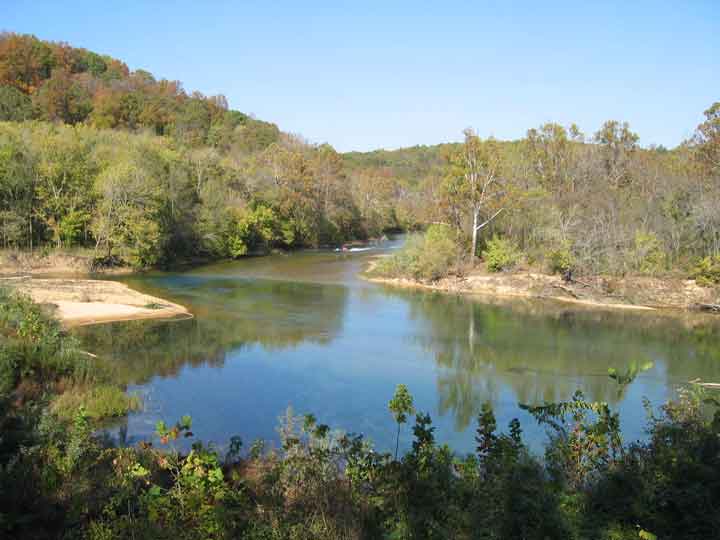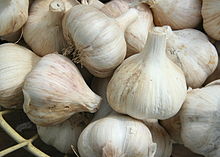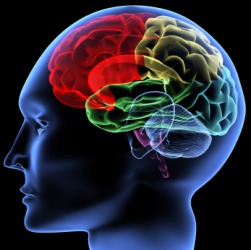Fresh water is defined as having low salt concentration. (Mostly less than 1%) Rivers and Streams are bodies of flowing water moving in one direction. They can be found everywhere and get their starts at headwaters, which may be springs, snowmelt or even lakes, and then travel all the way to their mouths. The mouth of a river is the part where it empties into another body of water, such as lake, bay, ocean or another river. Rivers and streams make up about 3% of the earth's total fresh water. Freshwater fish such as trout and heterotrophs can be found there, and aquatic green plants and algae can also be found there. Since there is less light, there is less diversity of flora, and because of the lower oxygen levels, fish that require less oxygen, such as catfish and carp, can be found. The temperature is cooler at the source than it is at the mouth. The water is also clearer, has higher oxygen levels. Towards the middle part of the stream/river, the width increases, and so does species diversity. Deposits of sediments and nutrients at the mouths of rivers build up protective coastal deltas. Toward the mouth of the river/stream, the water becomes murky from all the sediments that it has picked up upstream, which decreases the amount of light that can penetrate through the water. The levels and types of nutrients in a stream depend on what is happening in the stream’s watershed. The characteristics of a river or stream change during the journey from the source to the mouth. Rivers provide drinking water to many people in undeveloped countries and they are also sources of energy. That being so, we should protect the rivers because they support life and help us form other living conditions.
















